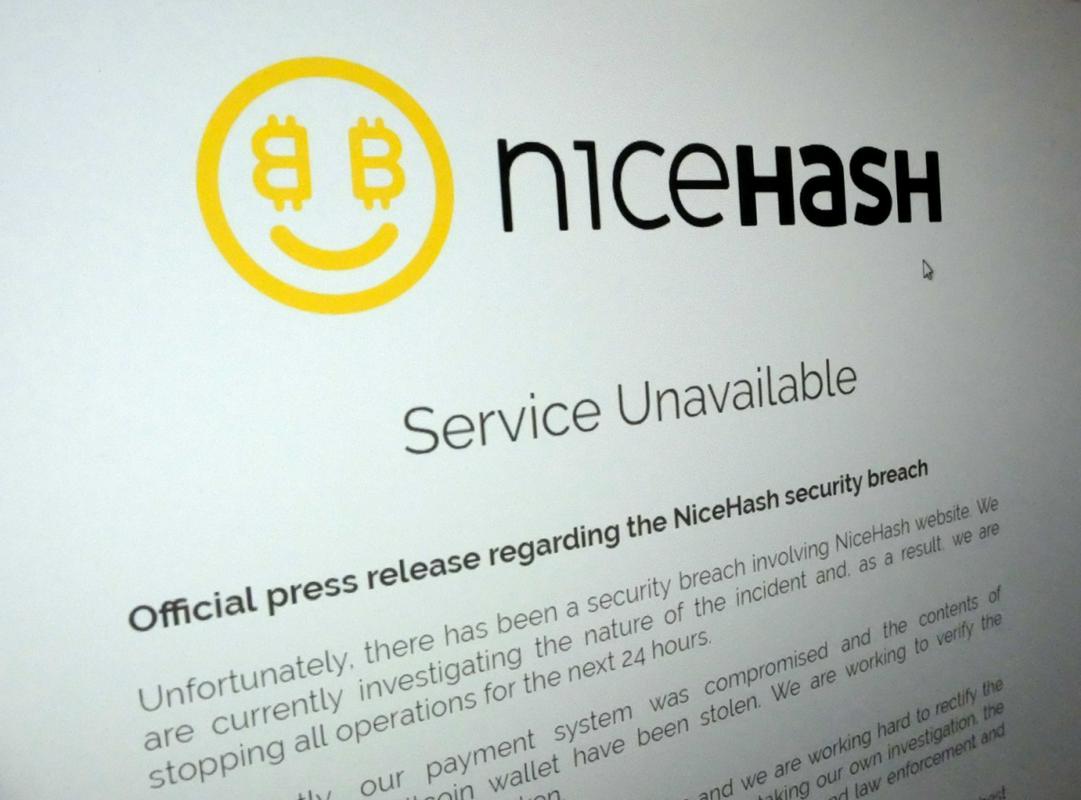
NiceHash said that they teamed up with a group of foreign investors to reimburse affected users. The company said in a press release that the stolen bitcoins will be returned to their rightful owners, and that more details will follow on January 31. Until then, the team has to iron out the legal issues.
The platform was hacked in "sophisticated" attack on December 6, when hackers stole around 4,700 bitcoins, amounting to a loss of 56 million euros. The investigation is still ongoing, and the platform is working with criminal investigators to resolve the case. NiceHash have also stepped up security measures after the incident.
Criminal investigation underway
NiceHash notified the police about the incident, and criminal investigators are looking into the hack. The incident is being treated as a case of theft and damage to property, i.e. a misappropriation of funds. Computer forensic investigators are also examining the hack. The General Police Directorate on Thursday told the Slovenian Press Agency that "the investigation is active and ongoing", and that they cannot disclose any information at the moment because of the sensitive nature of the incident.
Škorjanc: "Their goal was to hurt the platform."
Matjaž Škorjanc, the founder and CTO of NiceHash, said that the hackers were not motivated by financial gain; instead, their goal was to hurt the platform. He believes that this hack was one of the most sophisticated attacks in the history of cryptocurrency. Cryptocurrency can be purchased at online exchanges but it can also be earned through mining. In somewhat simplified terms, cryptocurrency mining is a process of creating new cryptocoins. Users constantly process new transactions, and this transaction data is recorded in lists called blocks. The goal of miners is to process every transaction and add blocks to the so-called blockchain.
The blockchain is a ledger of every transaction that every took place in the history of a cryptocurrency. When a new block is created, it is added to the blockchain, i.e. the blockchain is constantly updated as new transactions are being made. All miners have access to this permanent public record.
Miners compete to verify a block of these transactions by using special software. Whenever a miner mines a block that is added to the blockchain, he or she receives a fixed amount of cryptocurrency as a reward.

































































